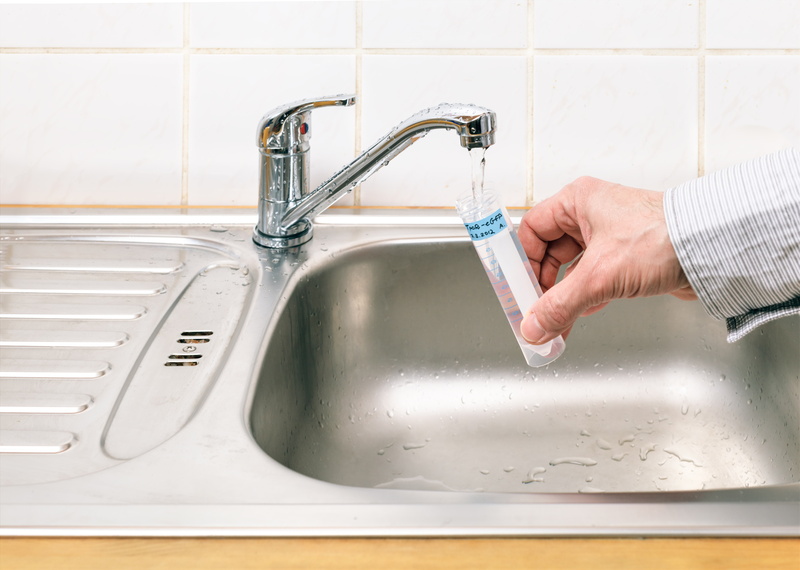
A few months ago, we wrote a post about lead water mains the importance of replacing them. We want to go into more detail about lead pipes in general and why you don’t want any lead pipes in your house. If you live in a home that’s older than 1986, it likely has lead pipes somewhere in it. If you haven’t already had repiping done, call a professional plumber in Mason, OH to look for lead pipes and arrange to have them replaced.
The Dangers of Lead in Your Water
The major concern with lead in your water supply is the health hazard it presents. It’s not dangerous to shower or bathe in lead-filled water since lead isn’t absorbed through the skin. Drinking lead, however, is connected with a number of health issues, particularly for children, where even low levels of lead can be harmful. The Center for Disease Control calls for medical attention if the lead in a child’s blood is over 5 micrograms per deciliter.
In children, lead can slow growth and development and cause behavioral and learning problems. It’s also connected to anemia and hearing trouble. There are also rare cases of ingestion of lead leading to seizure, comas, and even death.
Another group that can suffer from ill-effects of lead is pregnant women. The body stores lead in the bones, like calcium, where it accumulates over time. During pregnancy, this lead is released along with the calcium from the bones in order to develop the bones of the fetus. The fetus can be exposed to lead if it crosses the placental barrier. This can lead to premature birth or a reduction of fetus’s growth. Lead can also get into breastmilk and be transferred to a feeding infant.
Even lower-risk groups can suffer ill effects because of excess lead in drinking water. It can negatively affect reproduction (both in men and women), harm the kidneys, and raise blood pressure.
Pipe Replacement and Water Filtration
The first step in getting a handle on excess water in your house is to replace lead pipes. The easiest way for lead to get into the water system is when lead pipes corroded. You may not be certain how much lead piping is in your home, so call a trusted professional plumber to do an inspection of both your indoor plumbing and the water main.
Lead can get into the water supply before it reaches your house, and we recommend you have water testing done after you’ve had repiping done. Our water quality experts can find out if you’re receiving lead through the municipal water system. This is more likely to occur in older cities where part of the municipal plumbing is outdated—and Cincinnati definitely counts as an older city!
If we find you have too much lead in your incoming water, we can equip your home with a whole-house water filtration system that is certified for lead removal. Call us today if you have any questions about repiping, water filtration, or concerns about lead in your water. We’re here to help!
Ken Neyer Plumbing, Inc. is your trusted Cincinnati, OH plumbers. Call us for service in the Greater Cincinnati and the surrounding Tri State area.
